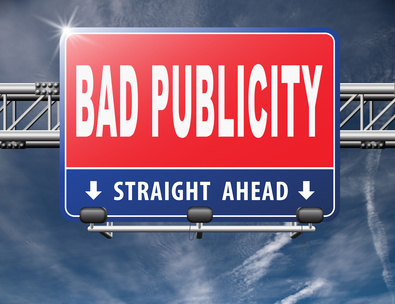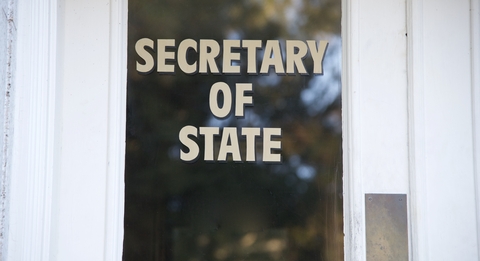Negative news searches – Pros and cons
Many providers of due diligence background investigations limit their media research to just negative news. Rather than gather everything they can about their subject from news and social media, they construct searches with keywords such as lawsuit, fraud, sanctions, and investigation to pull out just the bad news. If they don’t find any past instances of fraud, mayhem, or deceit, then all is good.
In his book, Hedge Fund Due Diligence, Randy Shain rails against this practice, pointing out the limitations of these searches and what you may be missing. He calls negative news searching “an incredibly bad decision” and emphasizes the importance of casting a wide net, looking for the unexpected, and spotting the connections.
I totally agree with Randy on the limitations of searching just for those red-flag keywords, and here at Phelps Research we mostly avoid them in our media reports on individuals and companies. Our clients want a full view of the people running their investigations, because the pluses often tell you as much as the negatives.
But certain times demand certain tactics.
Maybe you’re buried in search results, perhaps thousands of articles, and you are on a tight deadline. Or perhaps you’re trying to identify issues at past employers during or after your subjects’ time there (e.g., mass exodus, business implosion, regulatory issues, etc.). These articles don’t usually mention your subject, and searching for all news about a large firm – even with date limitations – can be a challenge.
These are times when you use every advanced search technique in the book to narrow the search and dig for those valuable nuggets of news. And when that doesn’t work, you pull out the negative news search. Yes, it has its drawbacks, but sometimes taking the time to search and scan so many articles isn’t what the client wants or needs.
So, how do you balance the pros and cons of a negative news search?
Consider the client’s level of risk – For higher levels, take the time to do whatever is needed to be as thorough as possible. But for a first pass at your subject, for example, a negative news search can help weed out those that don’t make the cut.
Consider the client’s budget and time frame – Need something about your subject right away, but LexisNexis won’t return that many results? Again, try a negative news search.
Keep the client informed – Clearly spell out the limitations of negative news searches in conversations with your client and in your reports. Online due diligence is inherently not complete (no, it’s not all online), so spell out what’s included and what’s not.
Pick up the phone – Conversations with past co-workers or other acquaintances can fill in the gaps and perhaps save time in the long-run. Beware that, done right, these calls take time and do add to the budget. But they’re invaluable for catching things you’ll never find online and for high-risk situations.
Yes, negative news searches leave a lot out, and they should be avoided whenever possible. But when you need them, they do come in handy.



